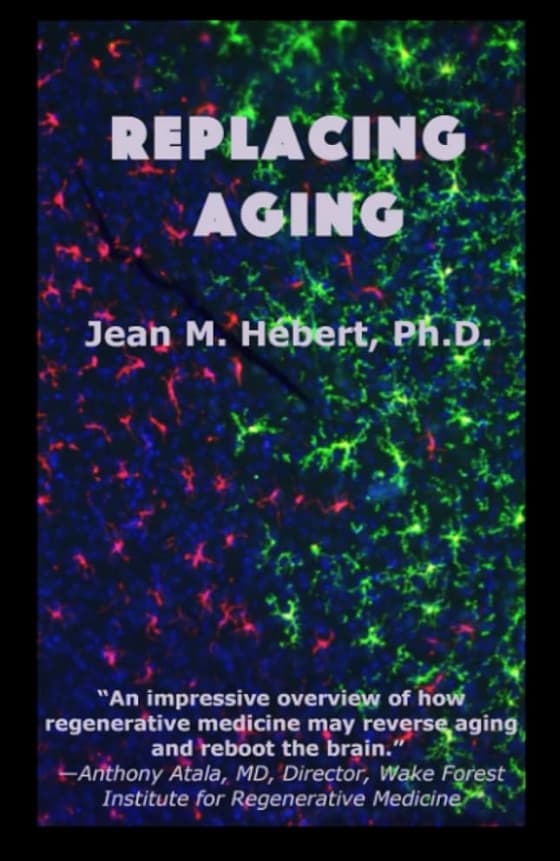What about the brain itself?
There are a couple of pillars to a complete answer but here is a sketch
-
if your own head/brain is moved onto/into a genetically identical, but young version of your own body that will itself almost certainly lead to some form of rejuvenation. I will be like young plasma exchange/parabiosis on steroids (and parabiosis has shown massive health effects on the older animal, including against neurodegeneration)!!! It would be like a continuous systemic stem cell therapy, it would be like optimal GFD11, klotho, etc therapies and there will be additional benefits from each of your organs having perfect young function without any of the impairments from age - from your kidneys, to your microbiome, to even having a young and fresh spinal CNS to help cleanse and provide a healthy environment for your brain. This argument might be even stronger than just based on those mechanisms, see a post I will come back with.
-
above will likely increase the time that your brain will last and those extra years or (many) decade(s) will enable more time for you to access more medical advancements
-
and if body replacement becomes widely used, there will be much less need to study most non-brain disease processes - as most of them can be solved by a body replacement. Perhaps that is too extreme, but it would absolutely shift the incentives and funding and market dynamics to reward work focus on neurological health and neurological aging - probably by several orders of magnitude
-
Think about it…. no need to invest in liver, pancreas, colon, breast, prostate cancer… no need to invest in type 1 and 2 diabetes…, no need to investment organ impairment of kidney, liver, pancreas, lung and heart…, no need to invest in things like Crohn’s or any other digestive tract type of disease…, no need to invest in thing like sarcopenia, osteoporosis…, and so on and so forth…
-
Above is further accelerated by the fact that people will (a) be living longer lives and (b) care much more about their brain specifically, so the willingness for both the government and individuals to invest in brain health would go up by a lot
-
So beyond a mass shift in resources, government founding, investor and industry funding to Alzheimer’s and other dementia, etc, etc, any of the other longevity therapies that show promise, like partial reprogramming, CRISPR editing - your stuff - can now in a more focused way target brain health and rejuvenation without having to be diluted towards every other system and disease process in our body
And it might be that none of above is needed, because as I laid out elsewhere on the forum:
We could even gradually replace parts of the brain in a gradual, continuous way such that you still are you even after we over say a decade or so have replaced your entire brain with healthy young neuron and other brain tissue.
See for example:
https://www.nature.com/articles/s41536-017-0033-0
And
 Neuroscience News – 21 Jul 23
Neuroscience News – 21 Jul 23
Transplanted healthy glial cells can outcompete and replace diseased or aged brain cells, potentially restoring normal brain function.
And
$1B dollar investment with successful phase 1 data of iPSC derived neural transplants in humans, about to enter phase 2 trials: https://www.bayer.com/en/us/news-stories/clinical-trial-for-parkinsons-disease-continues-to-show-positive-trend
Similar, younger company: https://innovation.ucsf.edu/news/neurona-therapeutics-raises-120m-advance-groundbreaking-pipeline-regenerative-cell-therapy
And a third example from this month: Aspen Neuroscience Announces First Patient Dosed in First-in-Human Phase 1/2a Clinical Trial of Autologous Neuronal Cell Replacement Therapy for Parkinson's Disease
There is an arms race of biotechs working on these types of things. They focus on epilepsy, Parkinson’s, etc, but the approach can be broadened to any aging related brain disease.
For a complete roadmap of how we could gradually replace parts of the brain in a gradual, continuous way such that you still are you even after we over say a decade or so have replaced your entire brain with healthy young neuronal and other brain tissue.
https://www.amazon.com/Replacing-Aging-Jean-Hébert-Ph-D/dp/1513663763?
